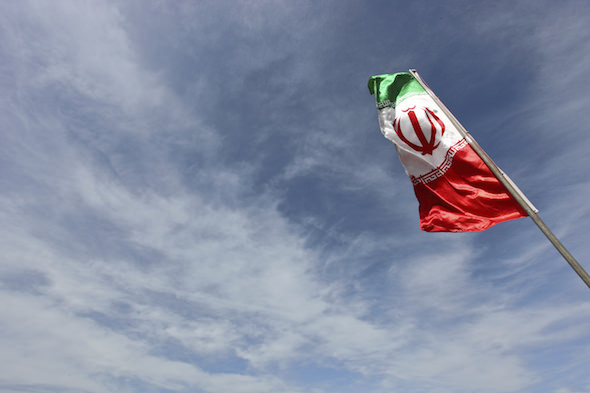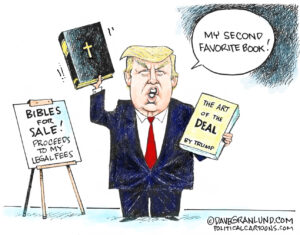Iran Reaches Historic Deal With World Powers After 20 Months of Negotiation (Updated)
Iranian leaders came to a long-awaited agreement with the P5+1 nations Tuesday in which the Middle Eastern country's nuclear enrichment program was limited in exchange for the easing of international sanctions. Shutterstock
Shutterstock
UPDATE: After Tuesday’s initial news about the wide-ranging pact, the Los Angeles Times offered a breakdown of what each side gained and conceded according to the fine print.
Meanwhile, The Associated Press brought word of how locals in Tehran reacted to the headlines. CNN looked into how this major development may affect Americans currently being detained in Iran, and CNBC weighed in about which corporations stand to profit.
According to Business Insider, Russian President Vladimir Putin “likes the Iran deal,” and the Russian Foreign Ministry tweeted Tuesday that the pact was “based on the approach articulated by” Putin.
Many prominent Israeli officials, however, don’t share Putin’s sentiment, as The Washington Post noted. And per the BBC, neither do several key U.S. conservatives. * * *
Iranian leaders came to a long-awaited agreement with the P5+1 nations Tuesday in which the Middle Eastern country’s nuclear enrichment program was limited in exchange for the easing of international sanctions.
From The New York Times:
President Obama, in an early morning appearance at the White House that was broadcast live in Iran, began what promised to be an arduous effort to sell the deal to Congress and the American public, saying the agreement was “not built on trust — it is built on verification.”
But Mr. Obama made it abundantly clear that he would fight to preserve the deal in its entirety, saying, “I will veto any legislation that prevents the successful implementation of this deal.” …In 18 consecutive days of talks here, American officials said, the United States secured major restrictions on the amount of nuclear fuel that Iran can keep in its stockpile for the next 15 years. It will require Iran to reduce its current stockpile of low enriched uranium by 98 percent, most likely by shipping much of it to Russia.
That measure, combined with a two-thirds reduction in the number of centrifuges spinning at Iran’s primary enrichment center at Natanz, would extend to a year the amount of time it would take Iran to make enough material for a bomb should it abandon the accord and race for a weapon — what officials call “breakout time.”
But American officials acknowledged that after the first decade, the breakout time would begin to shrink. It was unclear how rapidly, because Iran’s longer-term plans to expand its enrichment capability, using a new generation of centrifuges, will be kept confidential by the Iranian government, international inspectors and the other parties to the accord.
Read more.
—Posted by Natasha Hakimi Zapata
Your support matters…Independent journalism is under threat and overshadowed by heavily funded mainstream media.
You can help level the playing field. Become a member.
Your tax-deductible contribution keeps us digging beneath the headlines to give you thought-provoking, investigative reporting and analysis that unearths what's really happening- without compromise.
Give today to support our courageous, independent journalists.






You need to be a supporter to comment.
There are currently no responses to this article.
Be the first to respond.